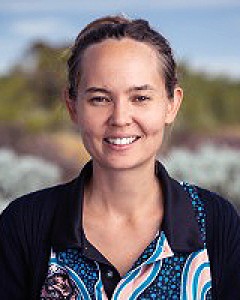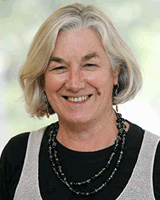Now published, see the full article 
Early Abstract:
Context: This paper considers the role of governance in Indigenous medical education research through the lens of an Australian Aboriginal research project titled Healing Conversations. The Healing Conversations project is developing and testing a targeted educational framework for improved clinical communication between healthcare practitioners and Australian Aboriginal peoples in regional and urban locations. It is proposed that an effective governance approach can support Indigenous and non-Indigenous stakeholders to work together in decision-making structures to enable outcomes that promote and prioritise Indigenous worldviews and values in medical education research.
Issue: This case-study puts forth the notion of effective governance as one practical way to decolonise medical education research structures in both the urban and regional setting. The importance of relationships between Indigenous and non-Indigenous stakeholders is supported in tailored governance structures, as knowledge translation efforts are situated in mainstream tertiary education structures that hold collective responsibility and accountability for change in this space.
Lessons learnt: Reflections from the Healing Conversations research case-study are outlined for future consideration regarding sustainable and effective Indigenous governance initiatives in medical education and research structures. This includes the importance of an Indigenous governance structure within the research team and a strong understanding of the roles and contributions of each research team member, along with the required humanistic qualities to action effective governance in Indigenous medical education research. Collaborative governance structures are fundamental as the inclusion and prioritisation of Indigenous worldviews and values is a key step in redressing Indigenous healthcare disparities and providing culturally safe healthcare institutions.



